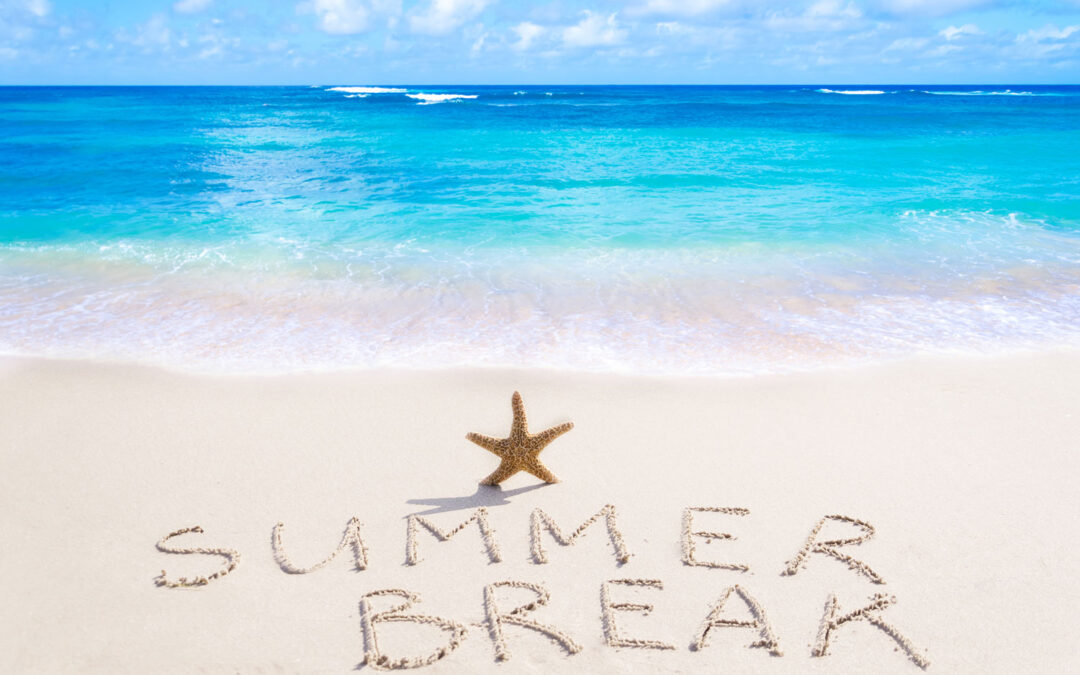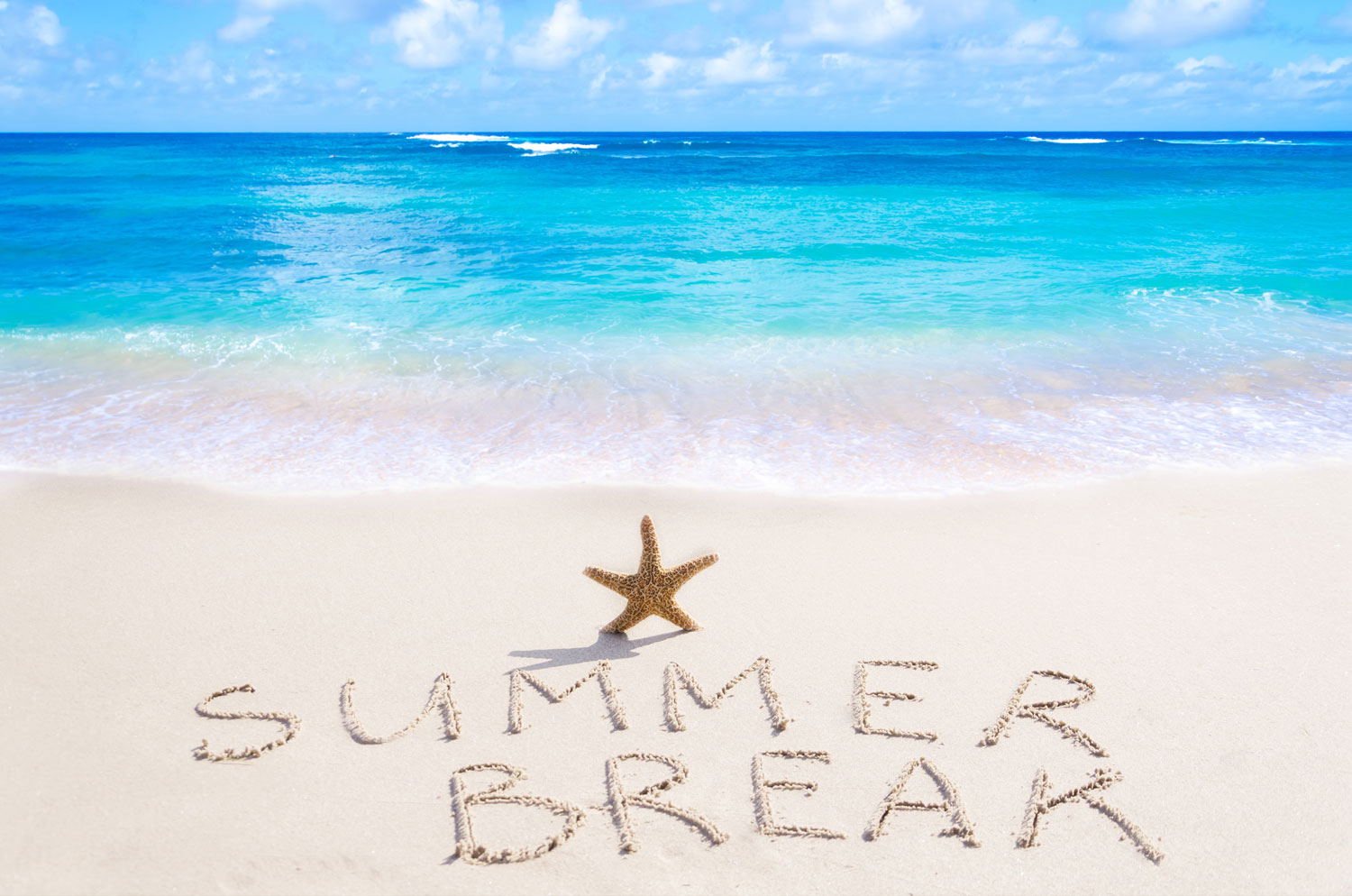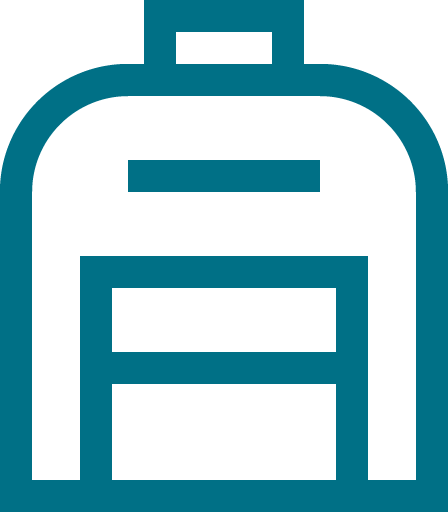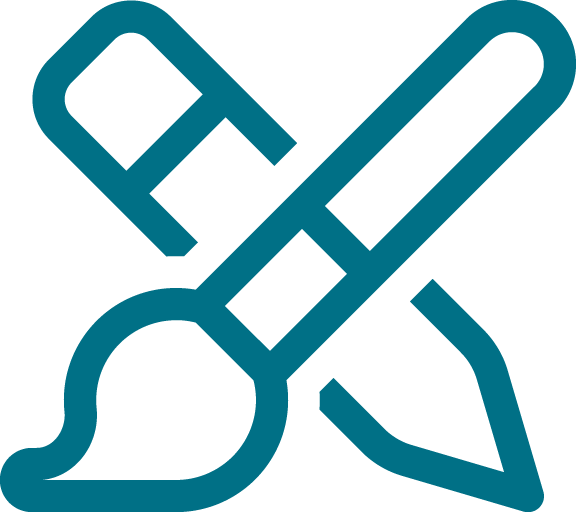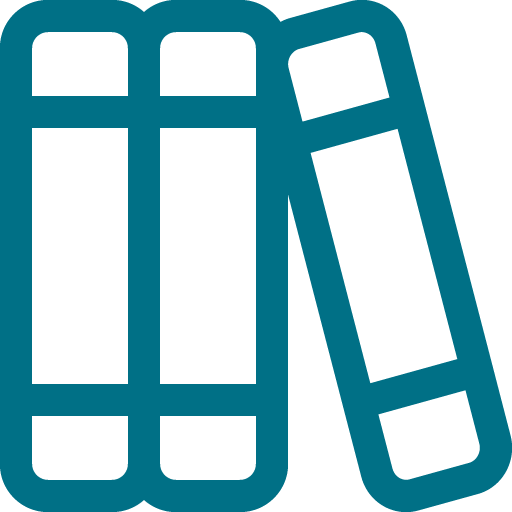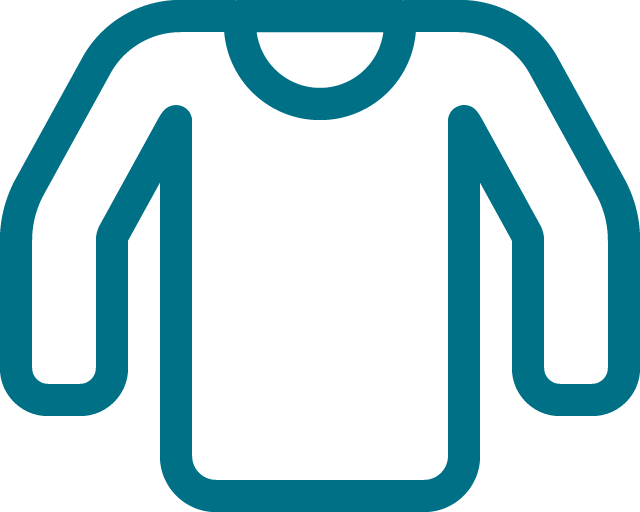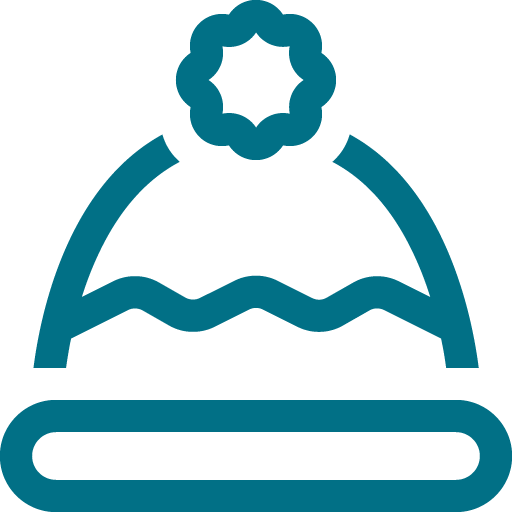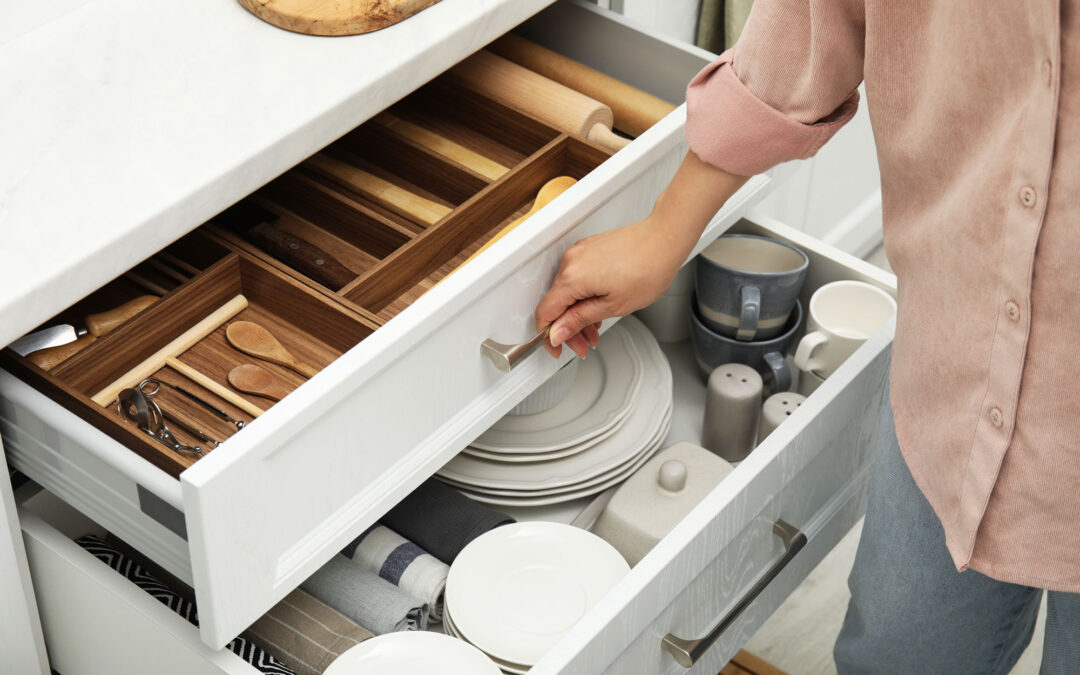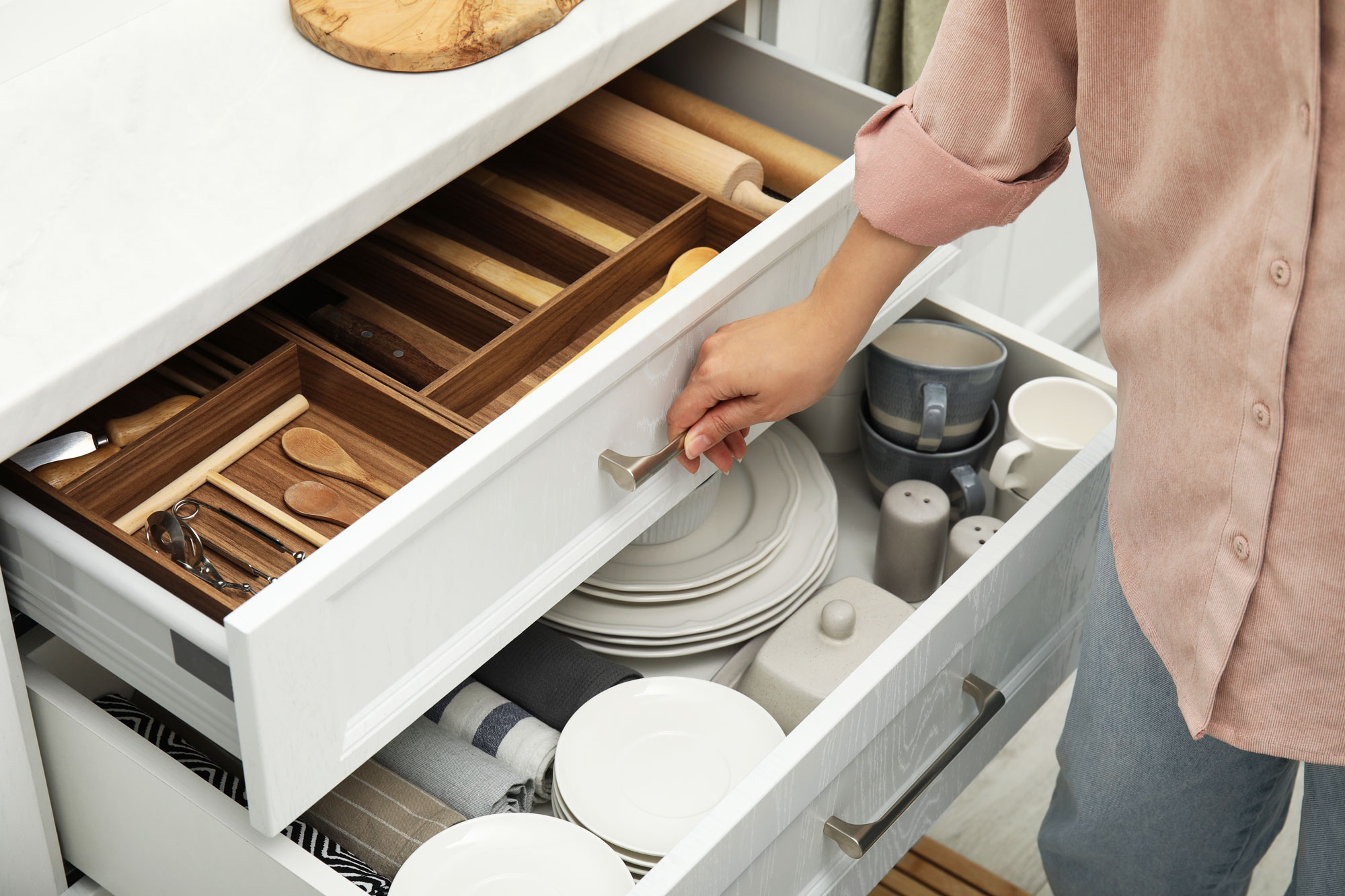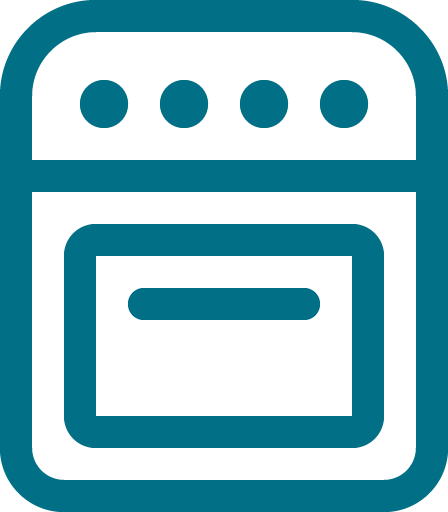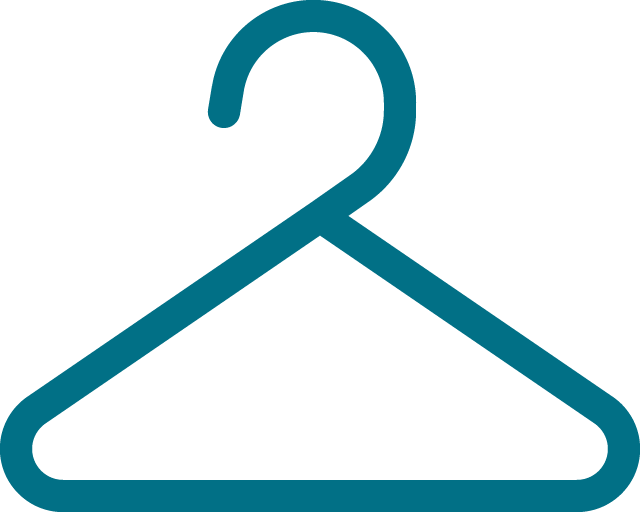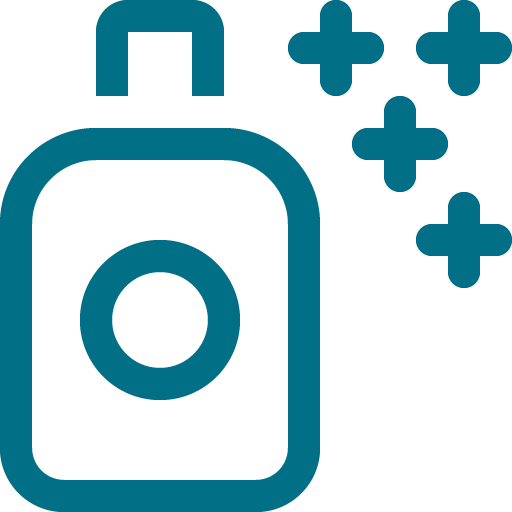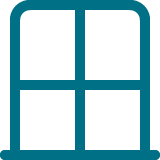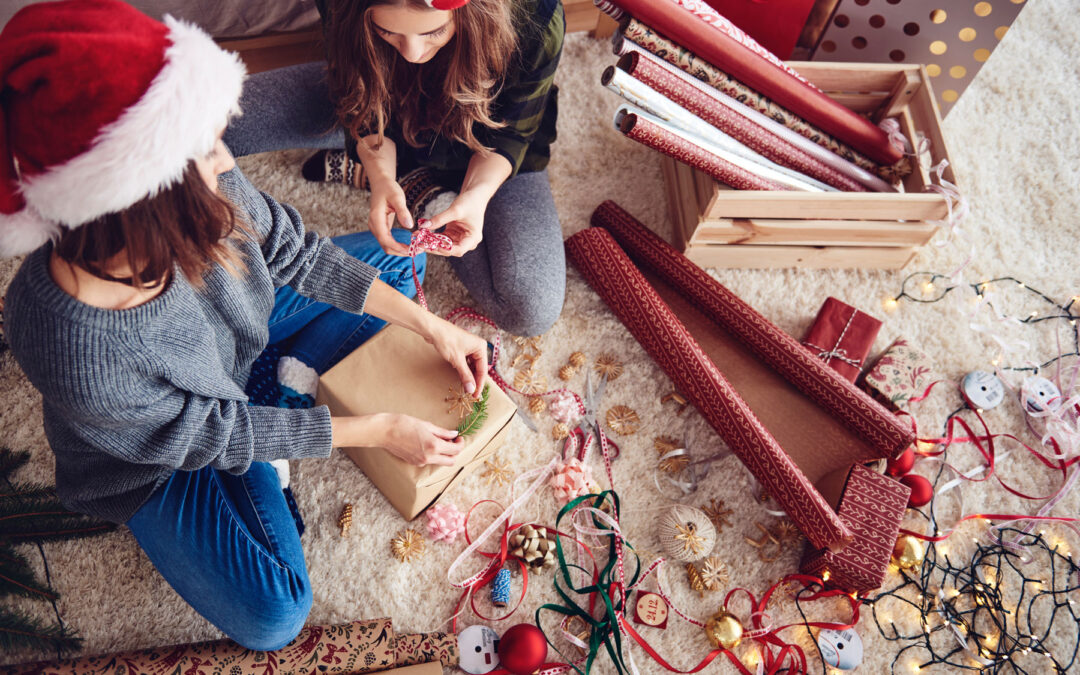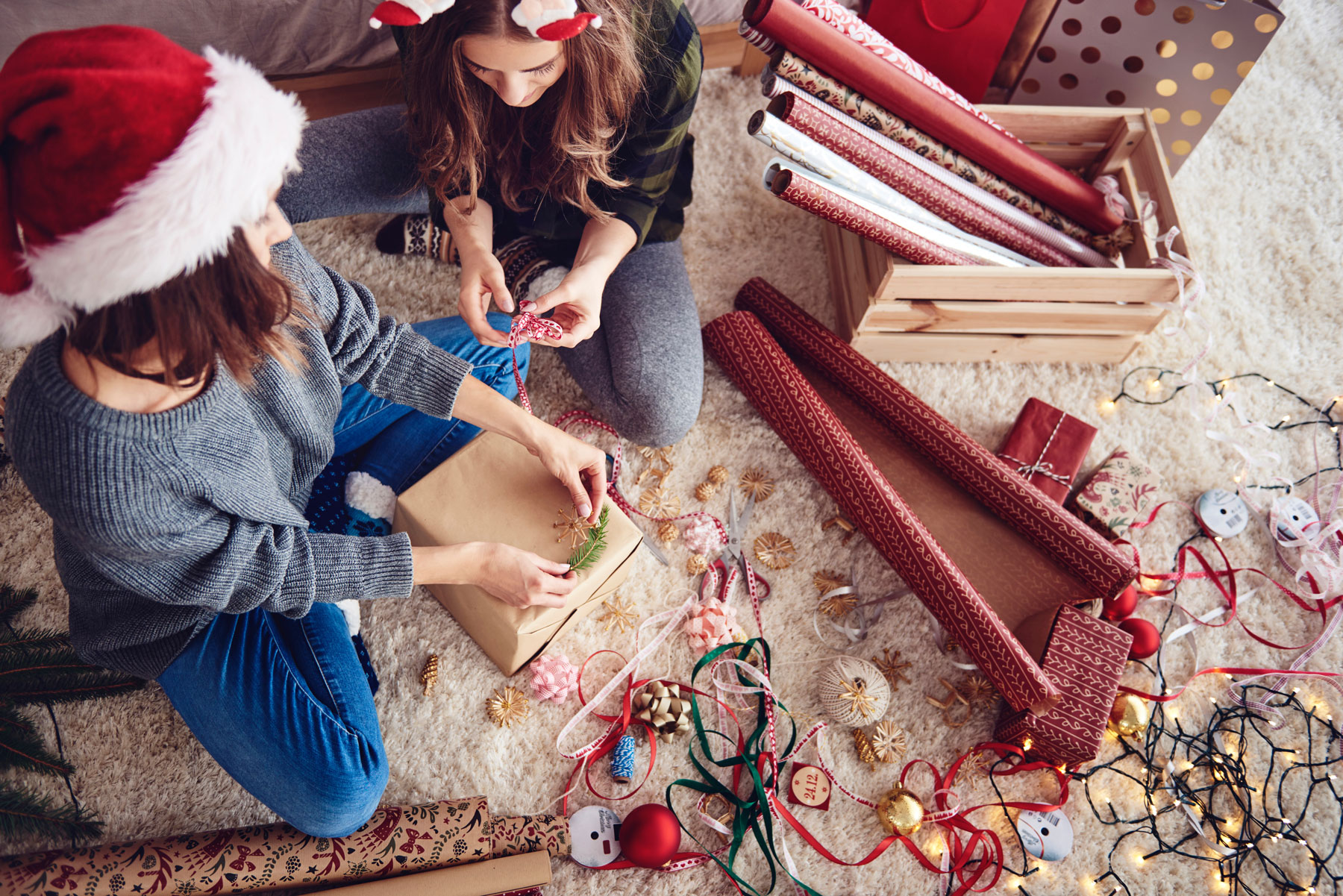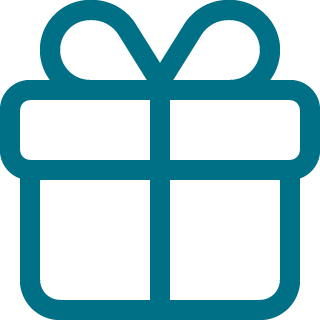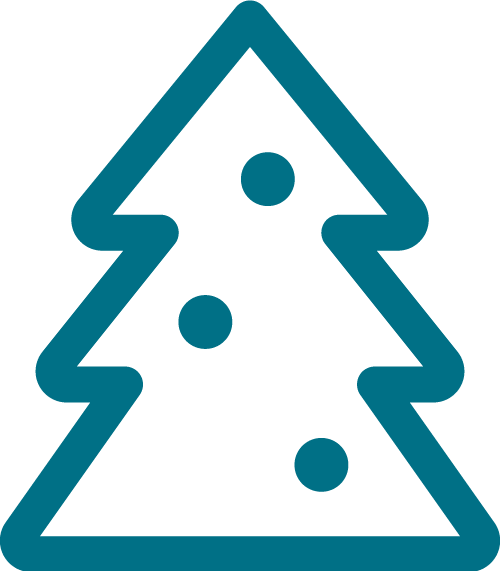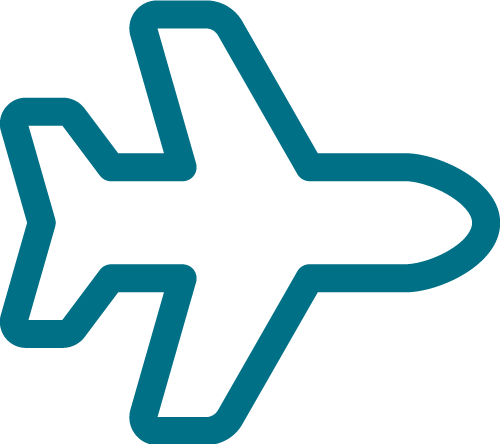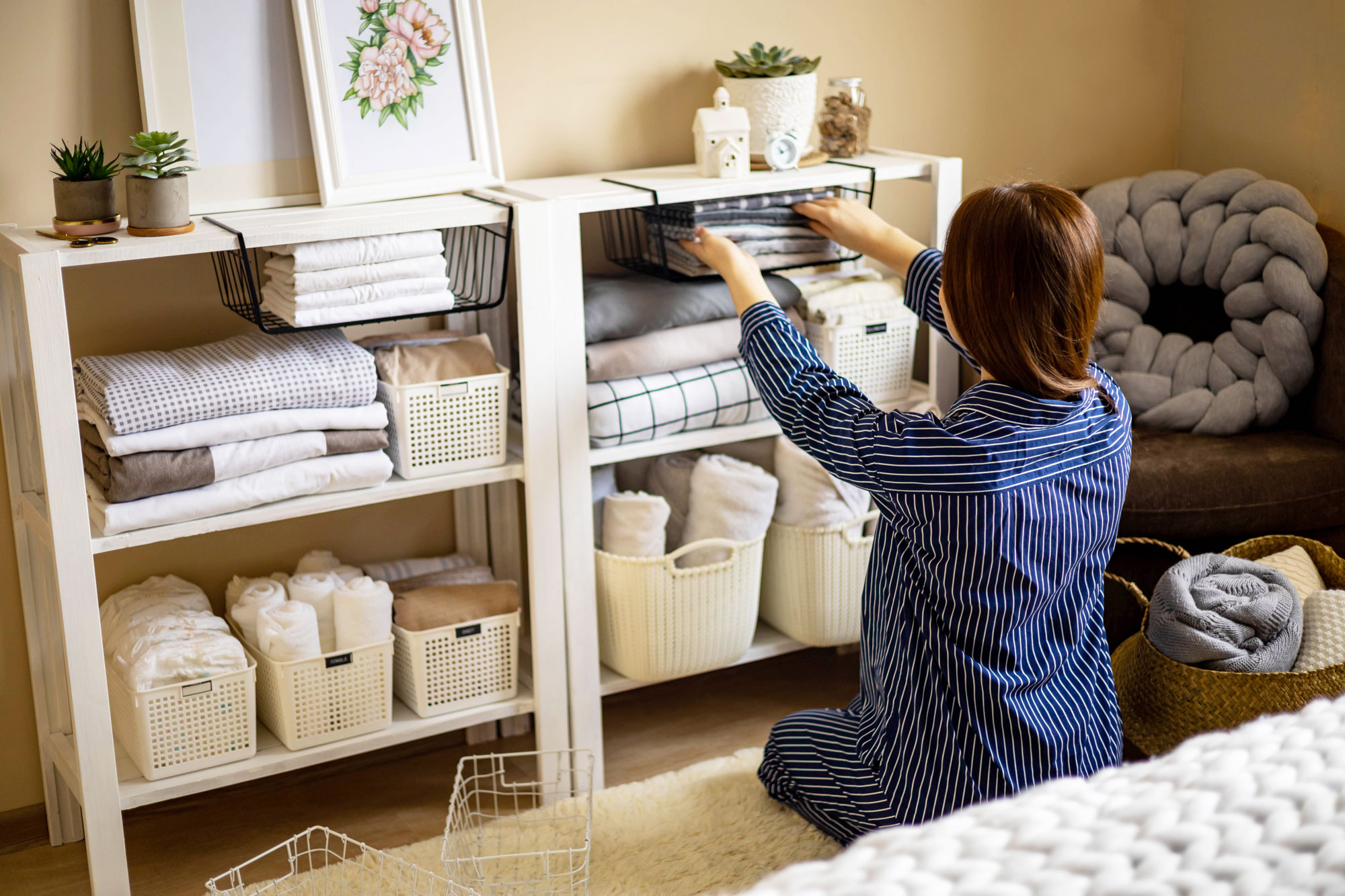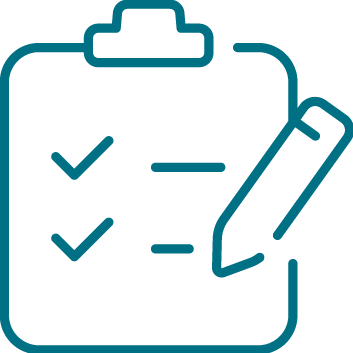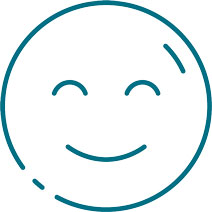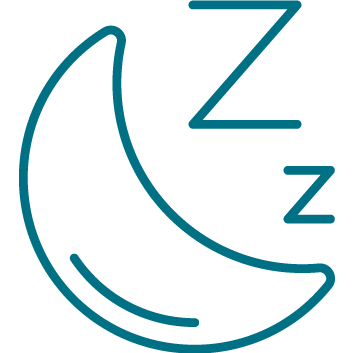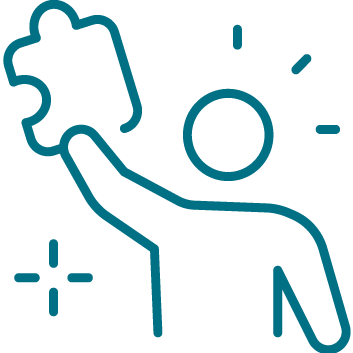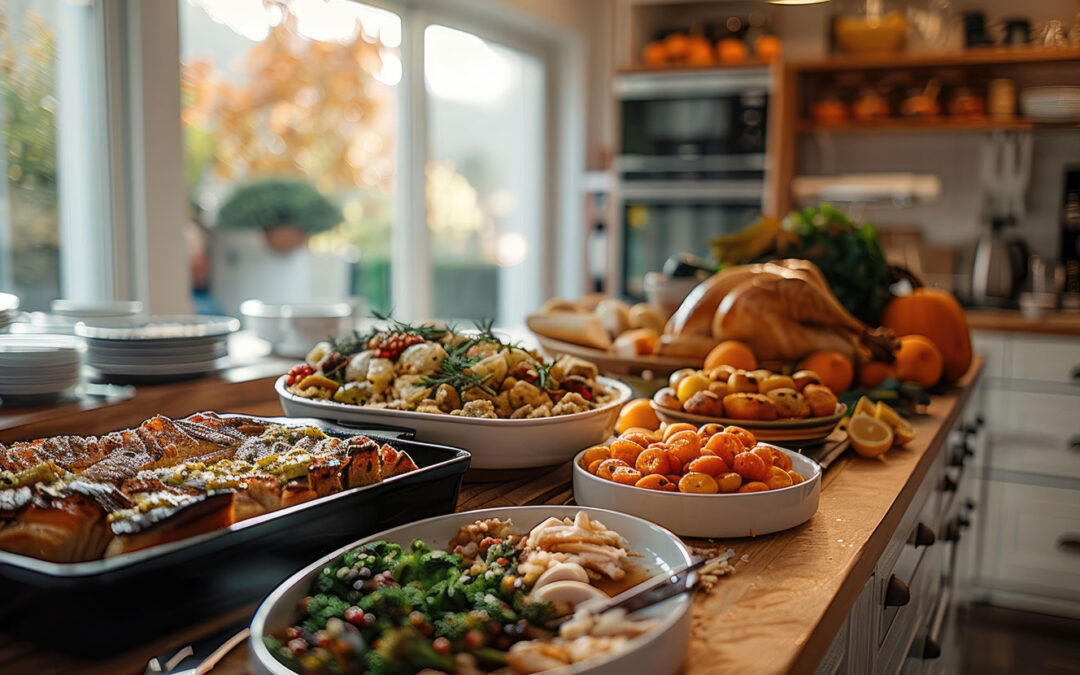
8 Areas to Organize Before Thanksgiving

Getting your home ready for Thanksgiving can make the holiday feel more enjoyable and less stressful. Top Shelf Home Organizing has eight key areas to focus on:
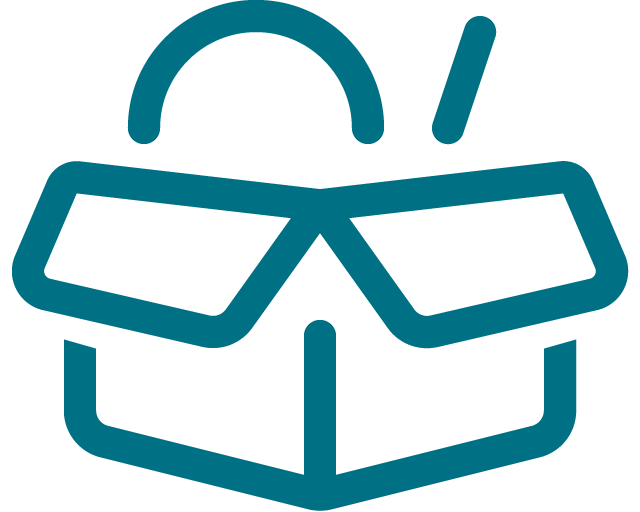
Declutter Common Areas
Clear surfaces in the living room, kitchen, dining area, and entryway. Remove unnecessary items to create an inviting, open space for guests to gather.
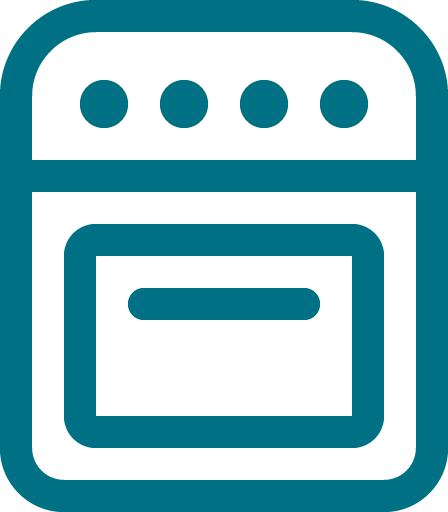
Deep Clean the Kitchen
This includes cleaning appliances like the oven, stove, fridge, and microwave. Make sure you have enough counter space and clean tools for all your cooking and serving needs.
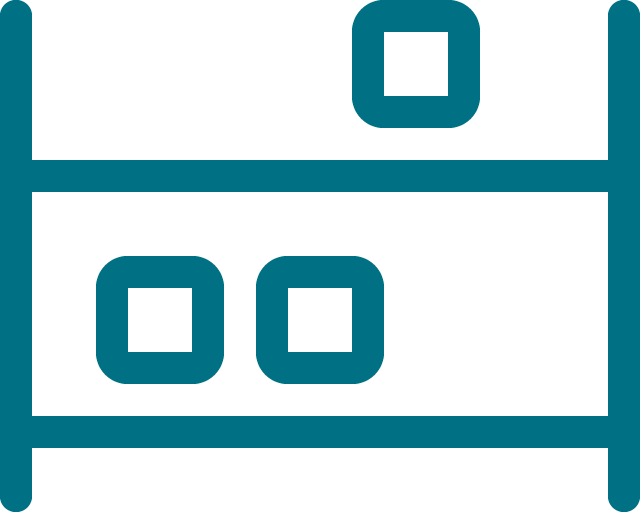
Organize the Pantry
Sort through your pantry to ensure you have the essentials like spices, flour, sugar, and canned goods. Toss out expired items to make room for Thanksgiving ingredients.
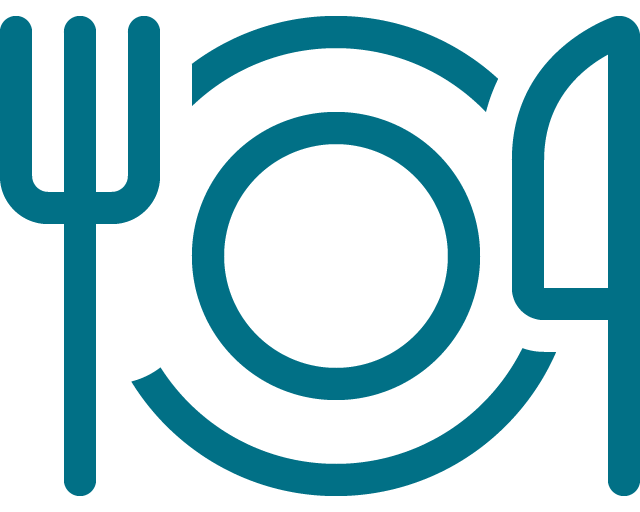
Set Up the Dining Area
If you have a separate dining room, set the table with plates, napkins, and cutlery ahead of time. Consider adding a table centerpiece or festive decorations to bring a holiday feel.
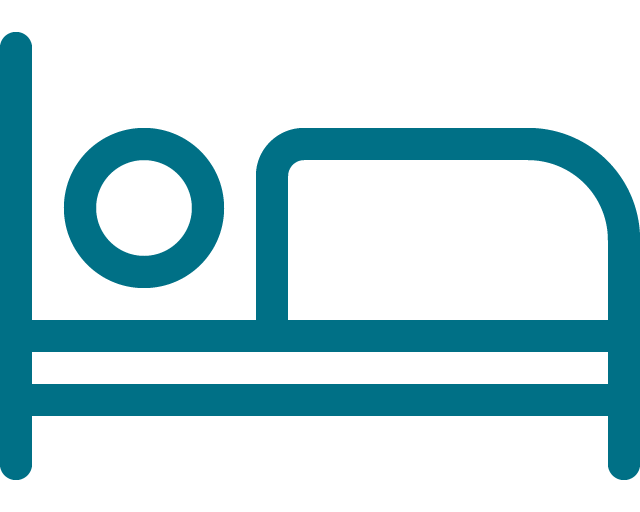
Prepare Guest Rooms
If you have guests staying over, ensure the guest rooms are fresh and clean with extra towels, fresh sheets, and any essentials they may need.
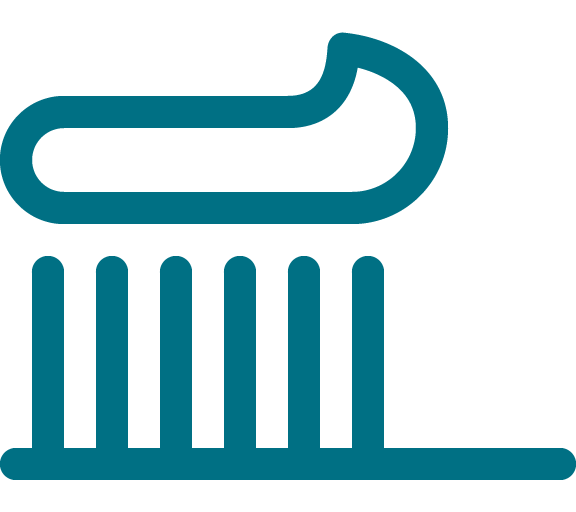
Stock the Bathrooms
Make sure bathrooms are well-stocked with essentials like toilet paper, soap, hand towels, and any air fresheners. A small basket with extra amenities can make guests feel welcome.
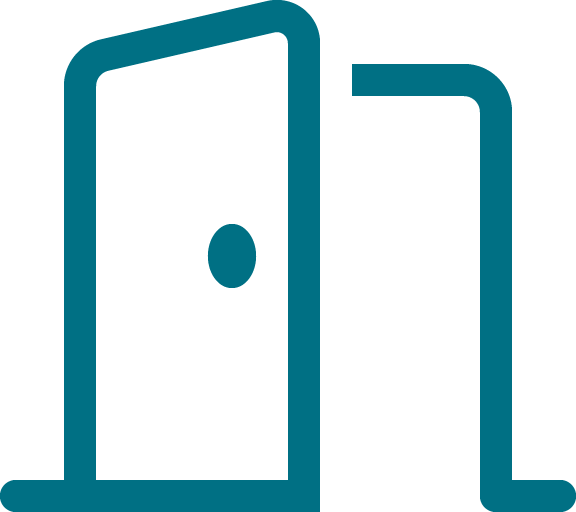
Organize the Entryway
Clear any shoes, bags, or coats that might clutter the space where guests first arrive. You could also add hooks, a small rug, or a shoe rack to manage belongings.
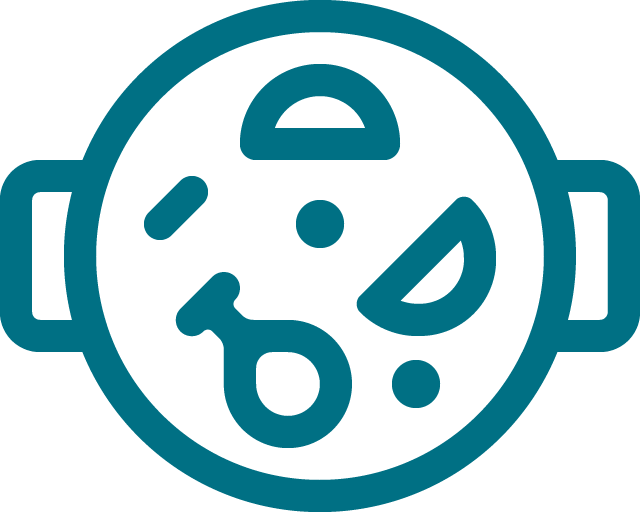
Plan the Serving Area
Decide on a spot where guests can serve themselves food and drinks. It could be a kitchen counter, buffet table, or even a sideboard. Having this ready will make serving easier and keep the flow in the dining area relaxed.
Getting organized early will let you focus on enjoying the holiday and spending time with family and friends! If your busy schedule prevents you from organizing your home, Top Shelf Home Organizing is here to help. Reach out to Jayme to schedule a consultation.
Simple. Life. Solutions.
We would love to put our talents to use making your home and office functional and organized. Let us know how we can help your space be the best it can be.

